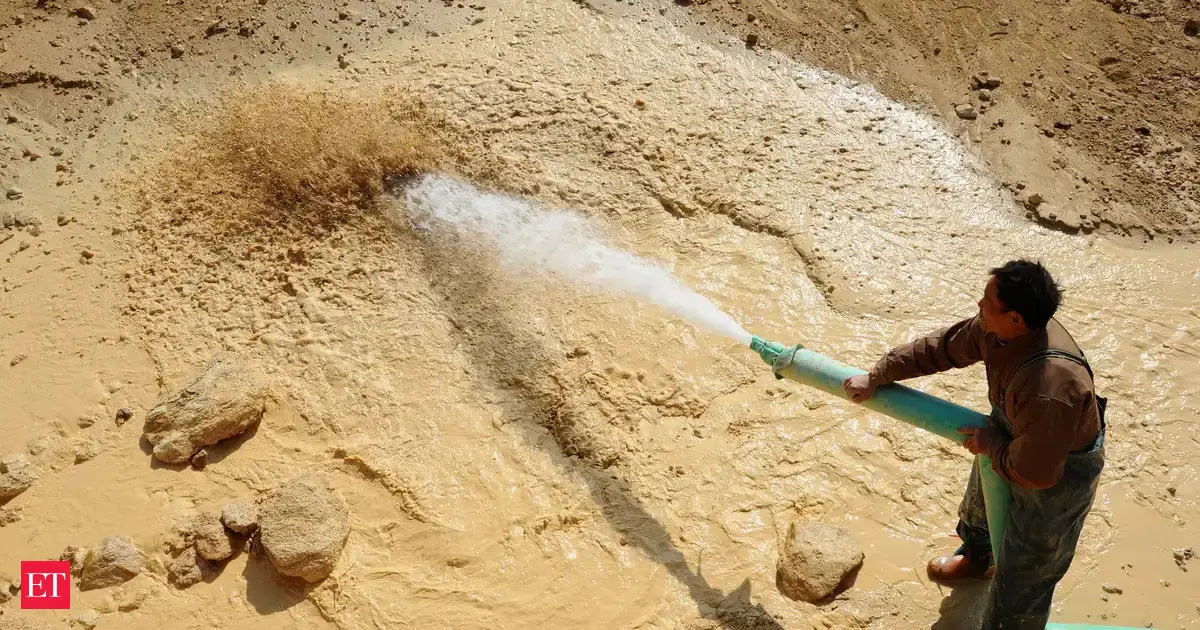Copyright scmp

To stand out among the dizzying array of sweet treats that pack supermarket freezers from the likes of Haagen-Dazs and Ben & Jerry’s, an ice cream brand needs more than just flavour, says Thai entrepreneur Danupon Umnouypreechakul. It needs a story that sings. His company, Lamoon Group, is a boutique made-in-Thailand contender in an industry of global heavyweights. Its unique approach connects each flavour to the farmers who grow the ingredients, offering increasingly discerning – and higher spending – consumers a riveting tale to savour alongside every spoonful. “It gave new meaning to every flavour … and our customers loved it,” Danupon said. “Now, when people enjoy our Marian plum or coconut ice cream, they’re also tasting the story of the farmer behind it.” Ice cream heavyweight Thailand is now Asia’s largest exporter of ice cream and ranks fourth globally. This ascent was fuelled in part by acquisitions from Chinese conglomerates such as Yili Group, which have established cost-efficient manufacturing hubs in Thailand, making use of the country’s advanced cold chain and international freight networks to reach distant markets. A blizzard of free trade agreements has also helped, granting Thai ice cream low or tariff-free entry into new territories. Over the years, Lamoon Group has expanded from a single shop to several branches across Thailand and now operates an export-ready factory. Thailand has always been the world’s kitchen. Our supply chain is smart Danupon Umnouypreechakul, Lamoon Group founder Each day, the company churns out about one tonne of ice cream and sorbets, spanning premium flavours like matcha, coconut milk and butterfly pea to plant-based and budget lines for independent labels. “Thailand has always been the world’s kitchen. Our supply chain is smart, our sourcing sophisticated and our price point unbeatable,” Danupon said. “For me as a new exporter, I try to deal with an FTA country as a first step and hope the agreement helps,” he added. “Thai ingredients deserve the world stage. We’re now in Singapore and talking with potential partners in Australia, Dubai and Vietnam.” Scooping up customers Existing trade deals with Japan, Australia and India have paved the way for small and medium-sized Thai businesses seeking new markets in a global trading landscape shaken by US President Donald Trump’s tariff policies. A meeting between Trump and Chinese President Xi Jinping on the sidelines of last month’s Apec summit appears to have temporarily eased some of the harshest tariffs and trade restrictions between the world’s two largest economies. Even so, Southeast Asian nations are redoubling their search for new trade partners. Thai ice cream has been busy scooping up new business, attracting consumers with growing disposable incomes who crave ever more diverse and luxurious treats. Between 2020 and 2024 Thailand’s ice cream exports averaged US$106 million annually, growing by over 10 per cent each year. In just the first two months of this year, exports reached US$22 million – a surge the government attributes in part to the country’s 14 free trade agreements with 18 different countries. “Tariffs have been eliminated by 17 of these partners, giving Thai ice cream a competitive edge,” the Government Public Relations Department said in a statement. As of early 2025, “exports to these markets accounted for 87 per cent of total ice cream shipments.” Even Japan, which retains some tariffs on Thai goods, has seen a near tenfold increase in Thai ice cream imports. The 11-member Association of Southeast Asian Nations hails its free-trade agreements as a lifeline for exporters navigating Washington’s tariff barriers. Reciprocal deals have eased US levies, but rising costs and volatile currencies continue to compress margins for Southeast Asia’s small and medium-sized businesses. Vietnam, for instance, is targeting to grow its economy by a record 10 per cent next year, defying tariff pressures with inward investment and a web of free-trade agreements, many brokered through Asean. A US$56 billion market For consumer sectors such as ice cream, there is much room to grow. Asia now accounts for around 37 per cent of the global market, according to the International Ice Cream Consortium, which estimates the sector’s value could exceed US$56 billion in the next five years, with China and India leading global consumption. Rising disposable incomes are enabling more people to indulge in non-essential treats – and to pay a premium for them. “Increasing urban populations and dual-income households are normalising ice cream consumption as an everyday indulgence,” the consortium said in a statement, adding growth was being fuelled “by increasing demand for premium and artisanal products … and the rise of health-conscious and non-dairy alternatives, and a focus on unique, innovative flavours.” Asia’s burgeoning middle class is willing to pay more for a cone or a tub, with low-fat, low-sugar, vegan and non-dairy options reflecting broader lifestyle trends. Matcha, red bean and tropical fruits blend Western and Asian tastes, reflecting a new era of culinary cross-pollination. For Lamoon’s founder, the industry’s evolution is both a challenge and an inspiration. “Making ice cream is so much fun,” Danupon said. “It’s part science, part art. It’s not just dessert; it’s creativity with a long shelf life.”



